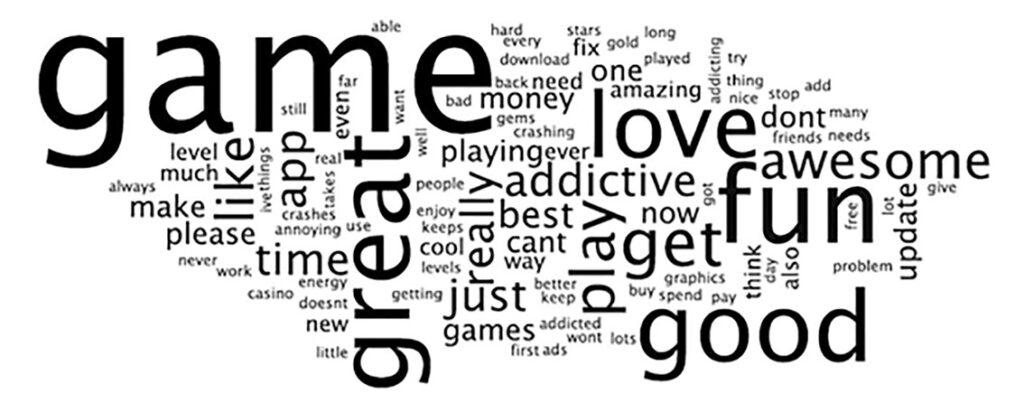Note: This is an opinion piece. I am not, by all means, coercing you to agree. I just simply wanna give my two cents and start a conversation.
Reviews
Reviews
Reviews
Whether it be about TV series, movies, or games, it is pretty undeniable that recently; reviews – gaming in our context – has seen quite an amount of backlash. Either it be directly from fans or indirectly from developers, 2016 has become the year where it seems to be saying a collective “fuck you” to reviews and reviewers alike.
I can’t possibly tell you how much I have felt the same way too, especially when favorite franchises of mine would get pretty low scores. I’d immediately jump the gun and say “fuck you, you just don’t get the series” and I’d shun the review and pretend I never read it. Yeah I really, REALLY UNDERSTAND YOU. However for me; over the course of my years playing video games, it seems that I’ve grown to appreciate reviews and why I do think they’re still relevant.
First and foremost, we are consumers. Before we are gamers, we are consumers and I don’t have to argue such a solid fact. No matter how much you say that “I am a fan of this franchise”, if the game is good then it’s good, if it’s bad then it’s bad, if it’s worth the buy then it’s worth the buy, if it’s a waste then it’s a waste. Typical consumer thoughts. With this you can probably already tell where I am headed. As consumers we have this urge to weigh the worthiness of the product; and more than often we head to -ding ding ding- you guessed it, reviews. “But Felippe, you can always go to articles like what you need to know before you buy (insert game title here) to help make your decisions for you.” Correct, you are totally right; however I would argue that reviews, especially early reviews, hold more weight than those articles when it comes to helping you make your decisions.
Mostly those kinds of articles tackle on surface details whereas game reviews, dare I argue, are more in-depth. Game reviews are already inside looks, this already gives you a summary based on actual hands-on gameplay, that alone should hold significant weight as to why I personally think game reviews have more weight than “what to know before you buy” articles. It doesn’t end there; it’s weight is doubled due to giving verdicts at the end, effectively putting a nail on the head when it comes to weighing your decisions. We aren’t looking for spoilers, but as consumers, we look into more detailed insights of the product in order to solidify our decision to buy or not to buy and that’s where reviews tie down their significance. To communicate with you if the game would be worth your precious money.
Now I know what you’re going to say next. “But Felippe sometimes these people don’t understand the game, or they hate it, or they’re biased against it”. Now this is where #RealTalk comes in. Whether they’re biased against or towards it, good or bad, you can’t take away the fact that your game won’t always get a consistent 10/10 or 9/10. There will always be that one person who will give it an 8, a 7, a 6 or a 5 or even a 4, or worse; a 1. Reviewers aren’t on a hive mind. They’ve got their own personal thoughts, preferences, and insights on games and for all you know the reviewer who gave a 7 is probably just as big of a fan as you.
Reviews are subjective, perhaps the only consistent thing about it is when there are noticeable glitches but other than that, reviews are almost always subjective. I mean with all the bad mouthing and internet memes on Call of Duty: Infinite Warfare for example, I was expecting an all around 5/10, 4/10, or a 3, not an 8 or a 7 (which is not a bad score guys). I mean what did you expect, the game’s initial reveal trailer had so much dislikes that it nearly rivaled Konami’s Snake Eater themed pachinko machine reveal trailer. Again, subjective, and while there are guidelines and policies as to how to conduct a game review, technicalities to look at and formats to follow, insights don’t. In the end, you’re still going to find out for yourself if the game is worth a 10, and you’d still hand out your own verdict that’s probably the same or different with the others, but you’re going to have your own insight to it as to why you gave it that verdict.
Understanding this, then what’s up with all the negativity? Well I’ll try to tell you what’s up. We are humans and we have feelings; being reactionary is what’s at the core of these negativity towards reviews. When we see our favorite games getting a 7 or a 6 then we are quick to react negatively, thinking hostile thoughts and imagining that our games are under attack by critics who’re probably puppets that have been paid for, but they’re not; while the possibility of this being the case has happened, after all the Gamer Gate fiasco in the past; I’d at least like to think that they’ve learned their lesson and they’re just giving their insights.
Then there’s this growing sense of instant gratification. It seems that recently, fans interpret a 7 or a 6 or even an average score like 5, as bad scores in league with scores 4 and below. Those scores aren’t bad scores, in fact a 7 is still high enough, it’s still pretty much above average, instead, with our growing sense of instant gratification, we treat these scores as insignificant and instead we either move up the score bar standards or we want to just know flat out that its good or bad, to give it a 10 or a 1 without an in-between choice, forgetting that these are articles that utilize the reviewer’s analysis, and should be treated likewise by the reader by putting his own analysis to it and then agreeing or disagreeing with the said review allowing a conversation and exchange of ideas to take place.
I guess what I meant to say is, reviews aren’t a BuzzFeed article or a lousy opinion piece on Sirus Gaming by a 20 year old who’s description is “I play games” and has a Vault Boy profile picture instead of his face where you can definitely be reactionary. And while you are definitely, truly allowed to give a reaction, what I wanted to say is that reviews are meant to incite your analysis and your insights on the game, as readers I think we should read the entire article instead of reacting just upon immediately seeing the scores – assuming this is always how the situation plays out – and not reading up on the reviewers justification as to how they came up with the verdict. Being purely reactionary would only incite emotional tantrums, maybe we should be calmer, more analytic, more insightful and have a fruitful exchange of ideas and thoughts. Let’s have a conversation, not a constant barrage of boo’s, after all we can’t have a proper exchange of ideas if everyone’s just screaming.






